Last update images today US Nuclear Reactors: A Seasonal Overview
US Nuclear Reactors: A Seasonal Overview
The United States relies significantly on nuclear power for its electricity generation. With the increased focus on energy independence and clean energy sources, understanding the distribution and status of nuclear reactors across the country is more relevant than ever. This week's seasonal overview provides an informational, educational, and referential guide to the map of nuclear reactors in the US, moving beyond just fleeting trends.
Introduction: The Atomic Landscape
 *Caption: A detailed map showcasing the locations of nuclear power plants throughout the United States.*
*Caption: A detailed map showcasing the locations of nuclear power plants throughout the United States.*
The pursuit of cleaner and more reliable energy has placed nuclear power in the spotlight. But where are these power plants located, and what's their role in America's energy mix? This article explores the map of nuclear reactors in the US, their significance, safety, and future prospects. Our target audience includes students, energy enthusiasts, policymakers, and anyone curious about America's nuclear energy infrastructure.
Map of Nuclear Reactors in the US: A Geographical Distribution
Nuclear power plants aren't evenly distributed across the United States. They tend to concentrate in the eastern and midwestern states. This distribution is largely due to factors like population density, access to water sources (critical for cooling), and historical energy policies.
- East Coast: States like Pennsylvania, South Carolina, and North Carolina have a notable number of nuclear reactors. These plants serve significant population centers and industrial areas.
- Midwest: Illinois, with a substantial number of operating reactors, plays a crucial role in supplying power to the region's industrial and residential needs.
- South: States like Texas and Florida also operate nuclear power plants, contributing to their energy grids.
- West: While fewer in number compared to the East and Midwest, states like California and Washington have nuclear facilities that play a part in their overall energy portfolio.
Map of Nuclear Reactors in the US: Understanding Reactor Types
Not all nuclear reactors are created equal. The vast majority in the US are light water reactors (LWRs), specifically pressurized water reactors (PWRs) and boiling water reactors (BWRs).
- Pressurized Water Reactors (PWR): PWRs keep water under high pressure to prevent it from boiling. The heated water then transfers heat to another loop, which creates steam to drive turbines.
- Boiling Water Reactors (BWR): BWRs directly use the heat from the reactor core to boil water, creating steam that drives the turbines. Advanced reactor designs, such as small modular reactors (SMRs), are gaining attention for their potential to offer more flexible and scalable energy solutions.
Map of Nuclear Reactors in the US: Safety and Regulations
 *Caption: Map of nuclear reactors in the US with NRC control*
*Caption: Map of nuclear reactors in the US with NRC control*
Safety is paramount in the operation of nuclear power plants. The Nuclear Regulatory Commission (NRC) oversees the licensing, inspection, and regulation of nuclear facilities to ensure they operate safely and securely. This includes rigorous safety assessments, emergency preparedness plans, and cybersecurity measures.
- Redundancy and Diversity: Plants incorporate redundant safety systems to prevent accidents and mitigate their consequences.
- Containment Structures: Strong containment structures prevent the release of radioactive materials in the event of an accident.
- Regular Inspections: The NRC conducts frequent inspections to verify compliance with regulations.
Map of Nuclear Reactors in the US: The Future of Nuclear Energy
Nuclear energy is evolving. The industry is exploring new reactor designs, advanced fuels, and waste management solutions to enhance safety, efficiency, and sustainability.
- Small Modular Reactors (SMRs): SMRs offer a smaller footprint, lower capital costs, and increased flexibility in deployment.
- Advanced Reactor Technologies: Research is underway on advanced reactors that use different coolants and fuels, offering improved safety features and higher energy efficiency.
- Used Fuel Management: Strategies for long-term storage and potential reprocessing of used nuclear fuel are critical to the sustainability of nuclear energy.
Map of Nuclear Reactors in the US: Public Perception and Concerns
Public perception of nuclear energy is often influenced by historical events like Chernobyl and Fukushima. Addressing public concerns about safety, waste disposal, and the potential for accidents is crucial for the future of nuclear power. Transparent communication, community engagement, and robust safety measures are essential to building public trust.
- Transparency: Openly communicating about plant operations, safety performance, and emergency preparedness is vital.
- Community Engagement: Engaging with local communities to address their concerns and provide information about the benefits and risks of nuclear energy.
- Education: Educating the public about the science behind nuclear energy and the safety measures in place to protect people and the environment.
Map of Nuclear Reactors in the US: Economic Impact and Job Creation
Nuclear power plants have a significant economic impact on the communities where they are located. They create high-paying jobs in engineering, operations, and maintenance, and contribute to local tax revenues.
- Job Creation: Nuclear facilities employ thousands of skilled workers, boosting local economies.
- Tax Revenue: Property taxes paid by nuclear plants support local schools, infrastructure, and public services.
- Energy Independence: Nuclear energy reduces reliance on foreign energy sources, enhancing national security and economic stability.
Map of Nuclear Reactors in the US: Environmental Considerations
Nuclear energy is a low-carbon source of electricity, which helps to mitigate climate change. However, nuclear waste disposal remains an environmental challenge.
- Low-Carbon Energy: Nuclear power plants do not emit greenhouse gases during operation, reducing carbon emissions.
- Waste Management: Developing safe and sustainable solutions for long-term storage and disposal of nuclear waste is a priority.
- Land Use: Nuclear facilities require relatively small land areas compared to other forms of energy production.
Map of Nuclear Reactors in the US: Current Events and Seasonal Trends
This week, discussions surrounding nuclear energy are particularly focused on government incentives for existing and new plants, as well as the potential for SMRs to play a larger role in meeting future energy demands. The seasonal trend is a move towards nuclear as a reliable baseload power source during peak demand periods in summer and winter.
Conclusion: Powering the Future
Understanding the map of nuclear reactors in the US provides valuable insights into the nation's energy infrastructure and the potential role of nuclear power in a sustainable energy future. By addressing safety concerns, promoting innovation, and fostering public trust, nuclear energy can contribute to a cleaner, more reliable, and economically vibrant energy landscape.
Keywords: Nuclear reactors, US nuclear power plants, nuclear energy, nuclear safety, small modular reactors, NRC, nuclear waste, energy policy, clean energy, reactor types, power generation, energy independence.
Q&A:
-
Q: Where are most of the nuclear reactors located in the US?
- A: Primarily in the East Coast and Midwest.
-
Q: What are the main types of nuclear reactors in the US?
- A: Pressurized Water Reactors (PWRs) and Boiling Water Reactors (BWRs).
-
Q: Who regulates nuclear safety in the US?
- A: The Nuclear Regulatory Commission (NRC).
Summary Question and Answer: The majority of US nuclear reactors are in the East Coast and Midwest, using PWR and BWR technology, with safety regulated by the NRC.
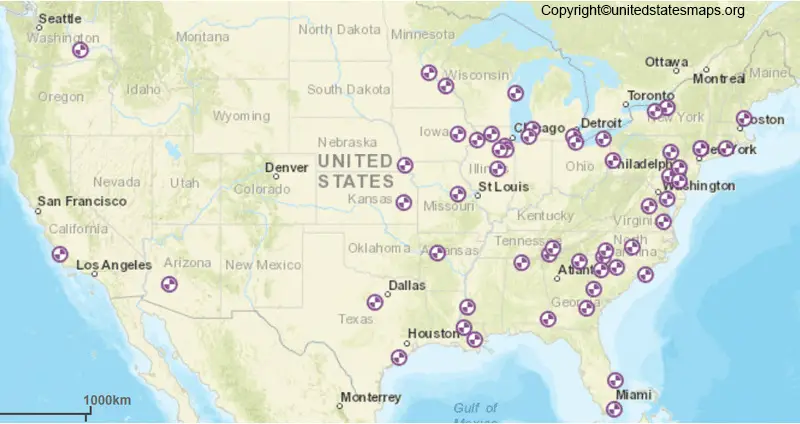
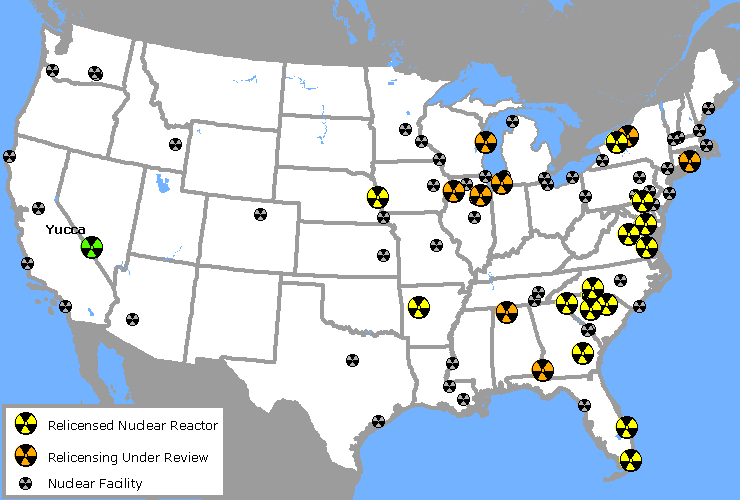

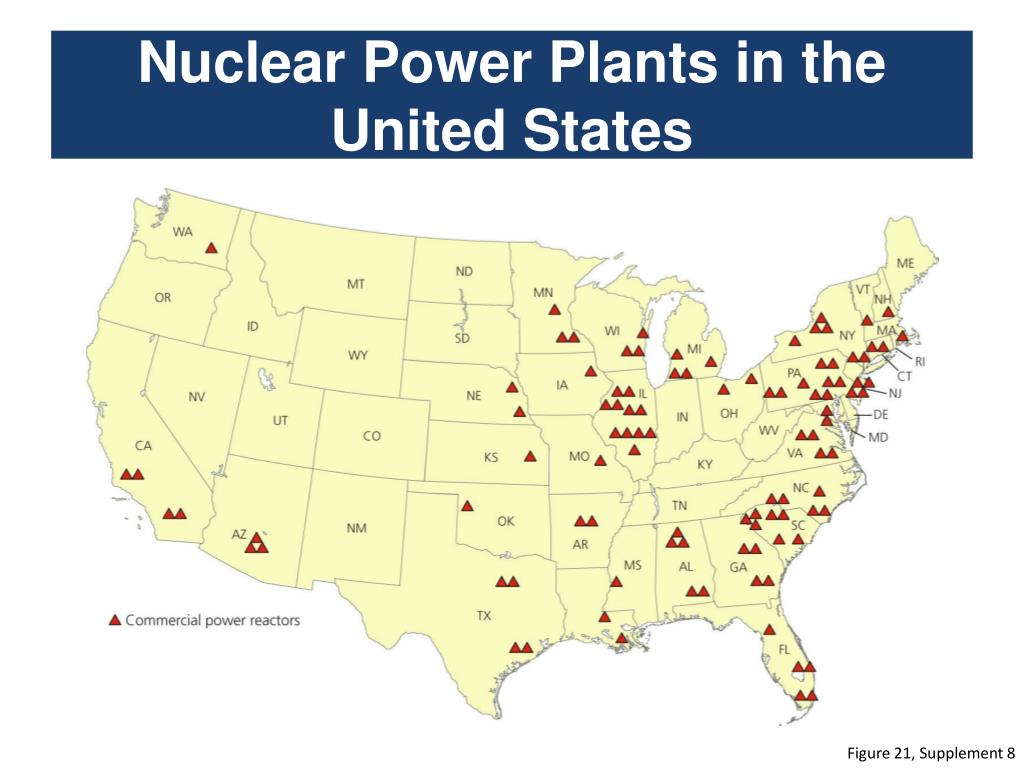
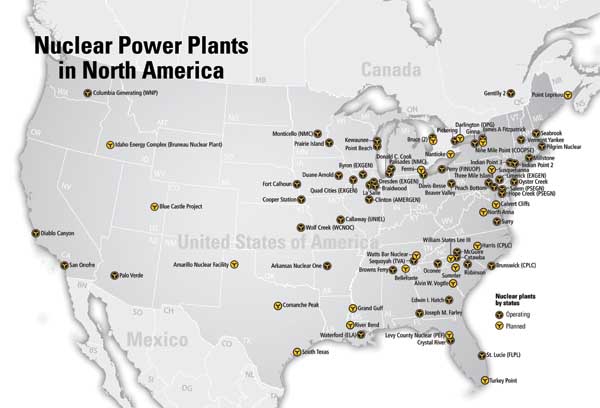


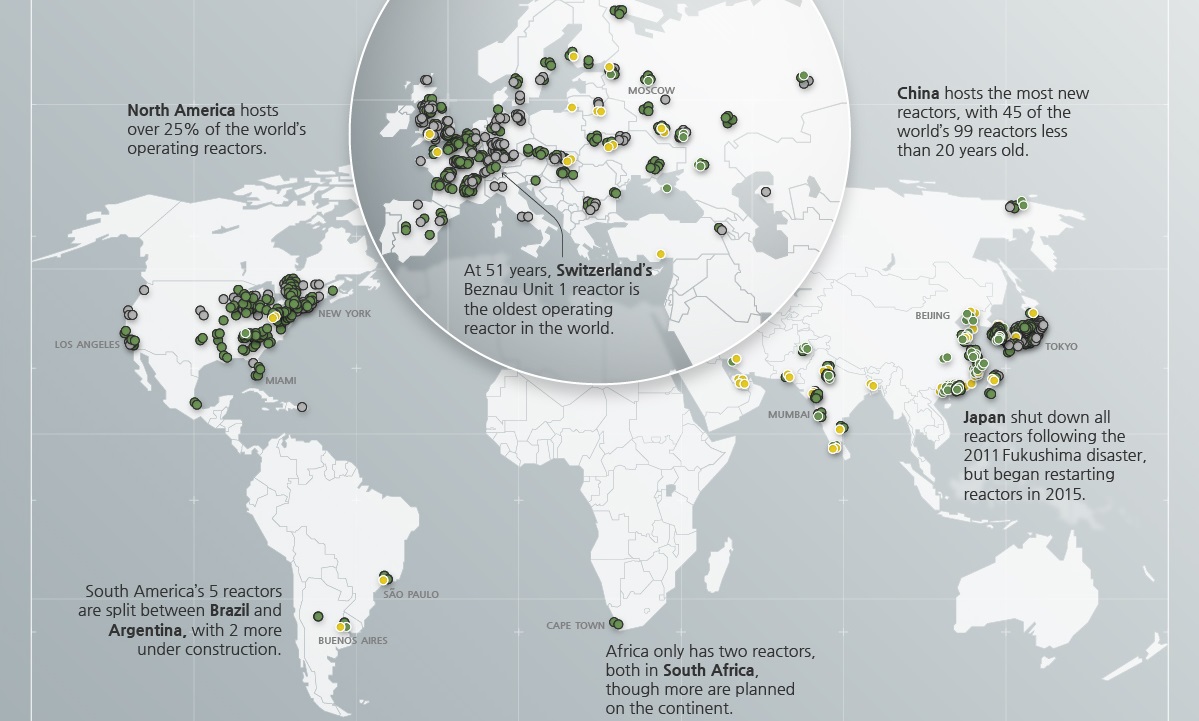
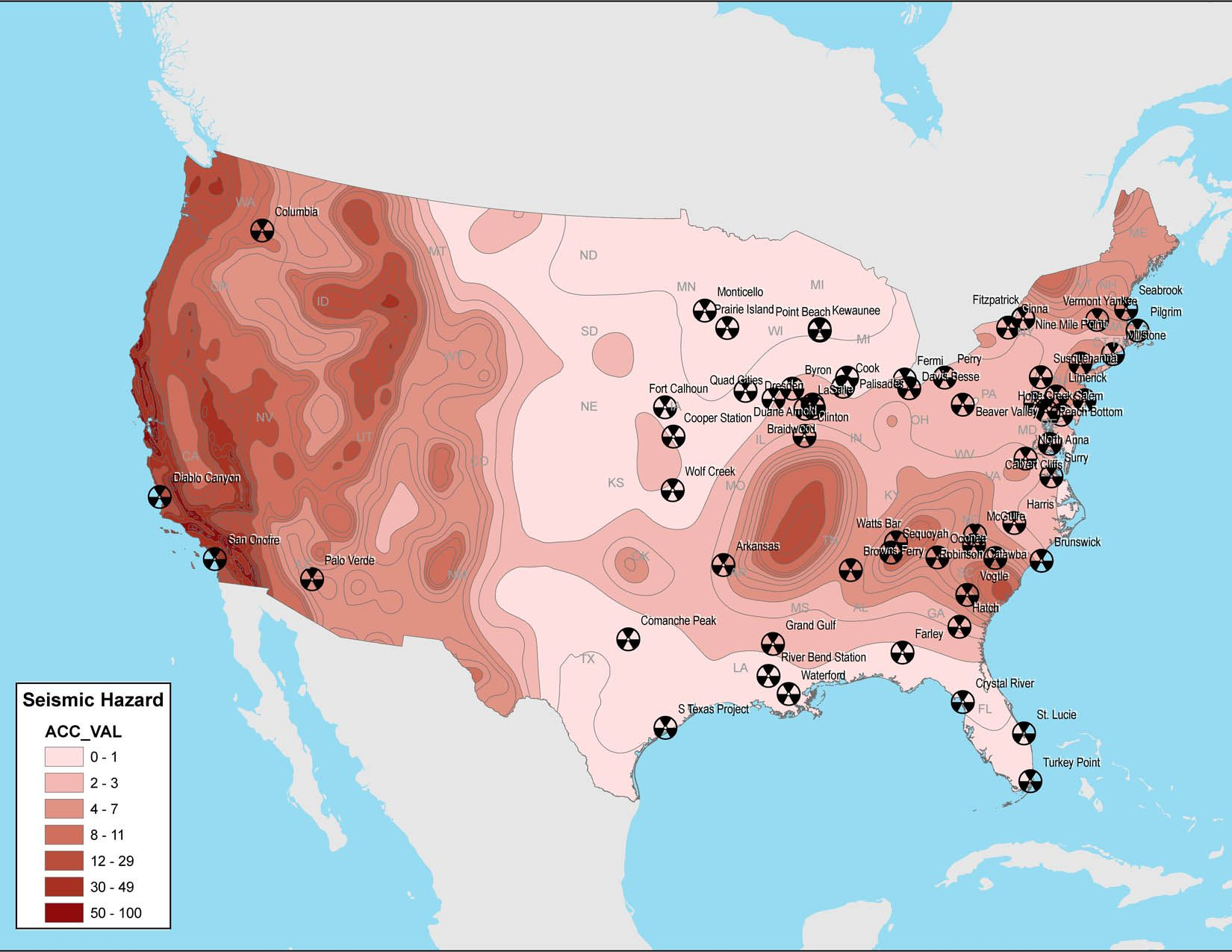

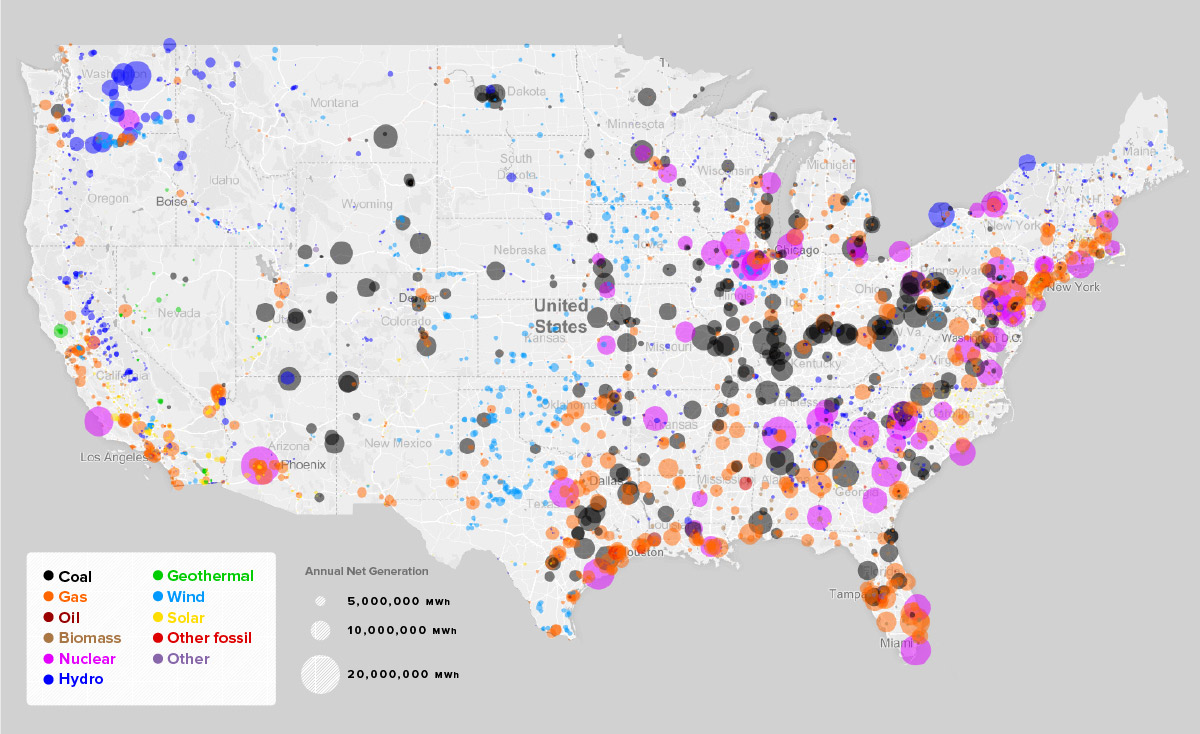
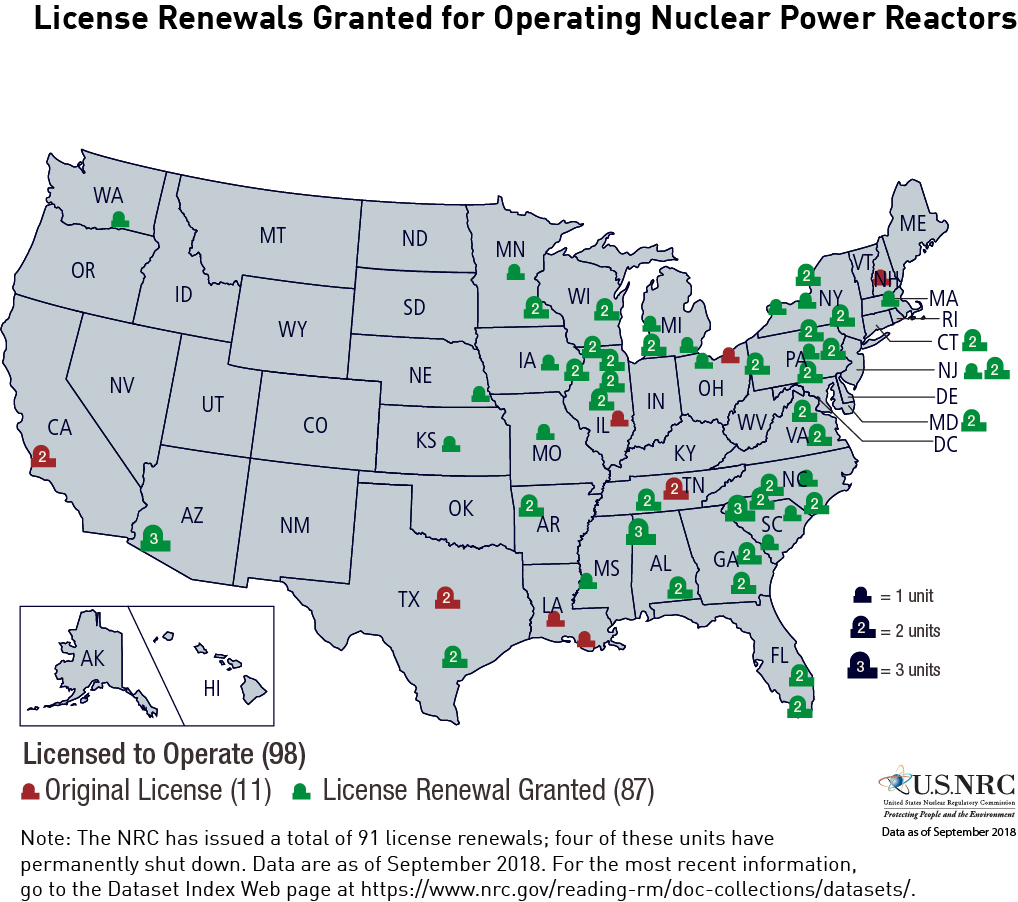

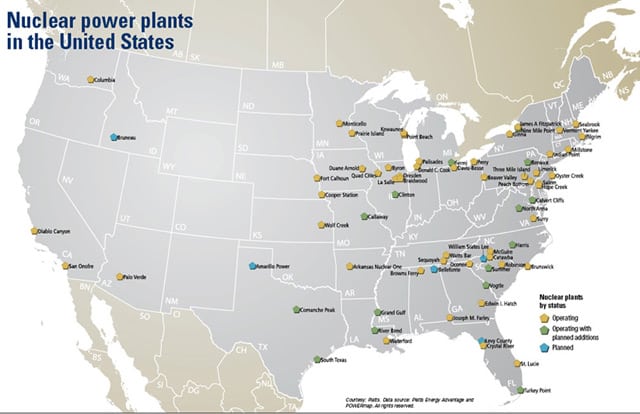

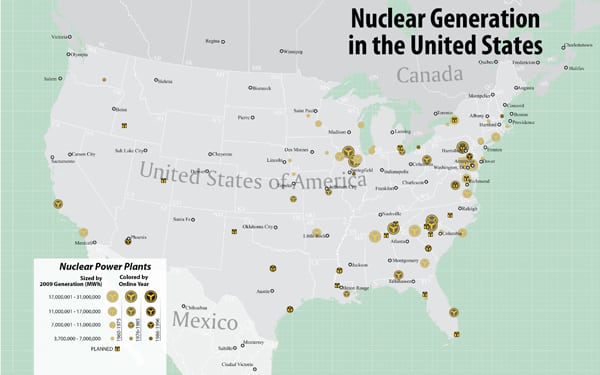



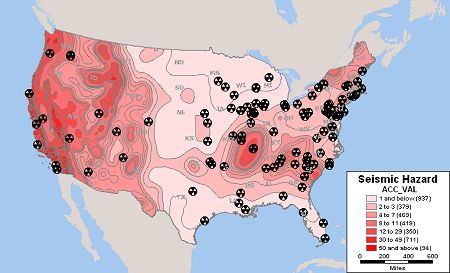



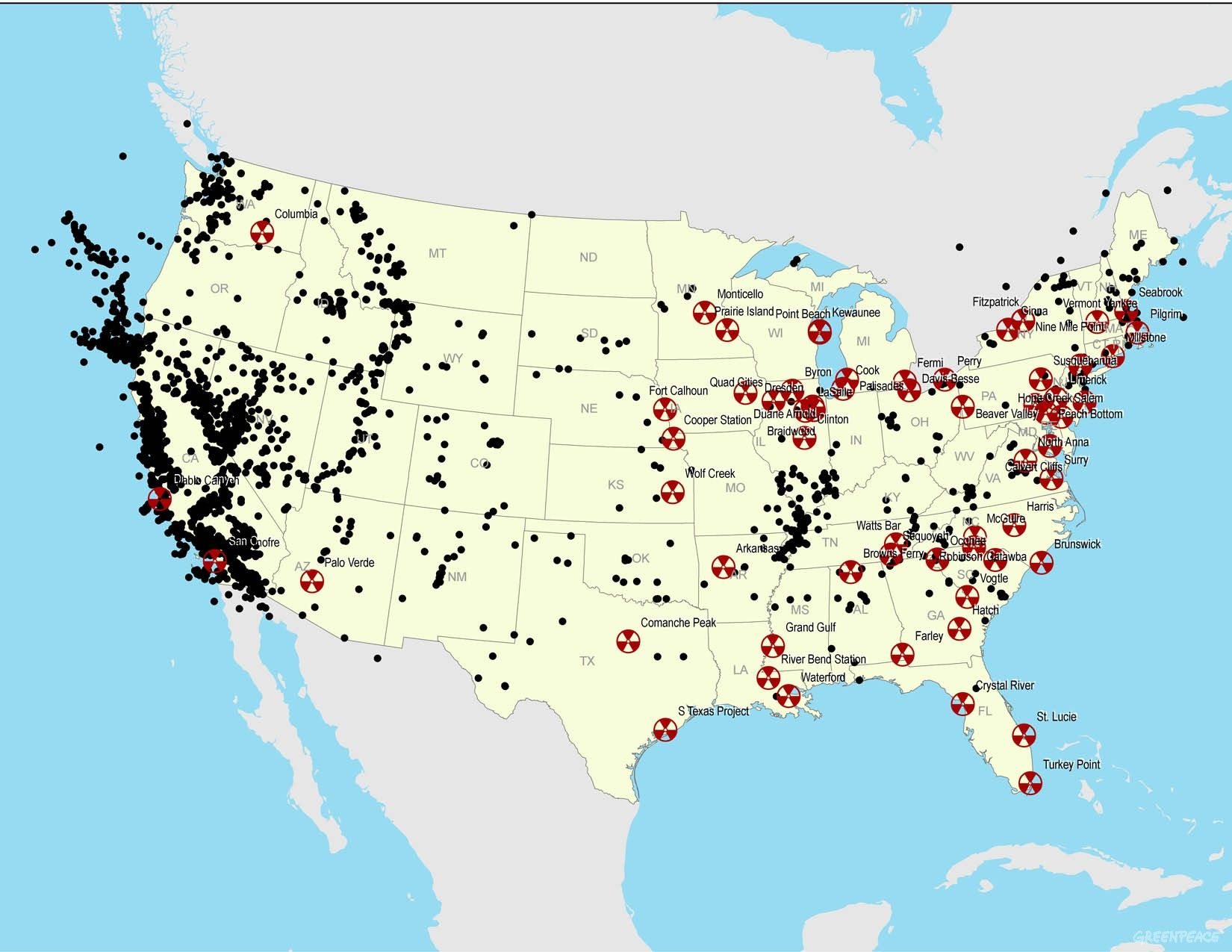

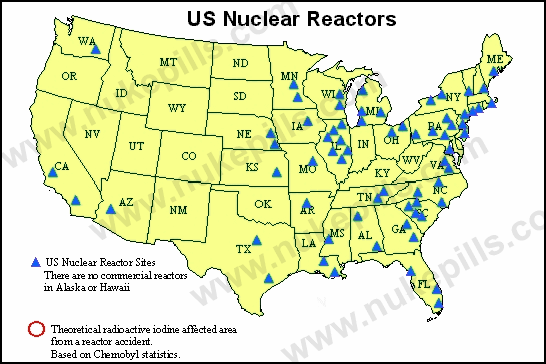
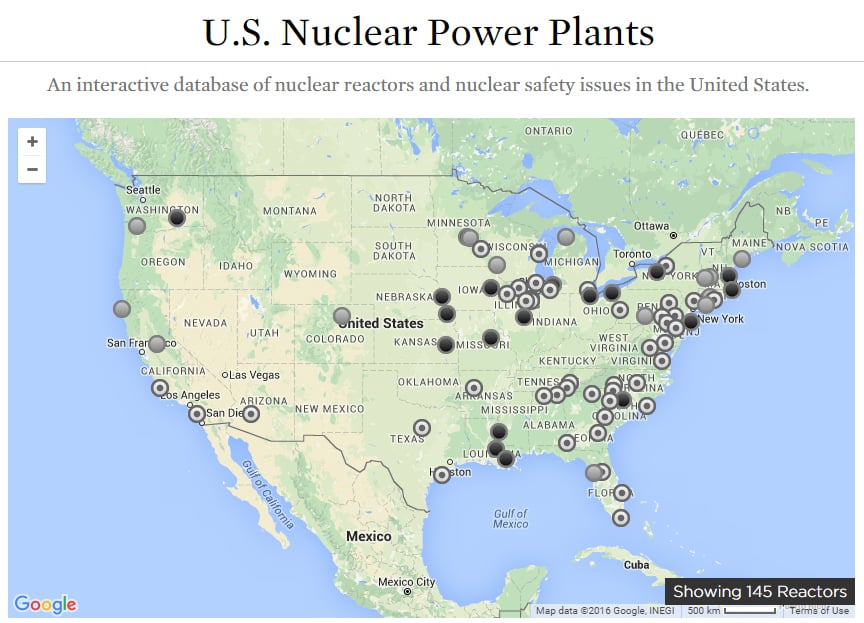
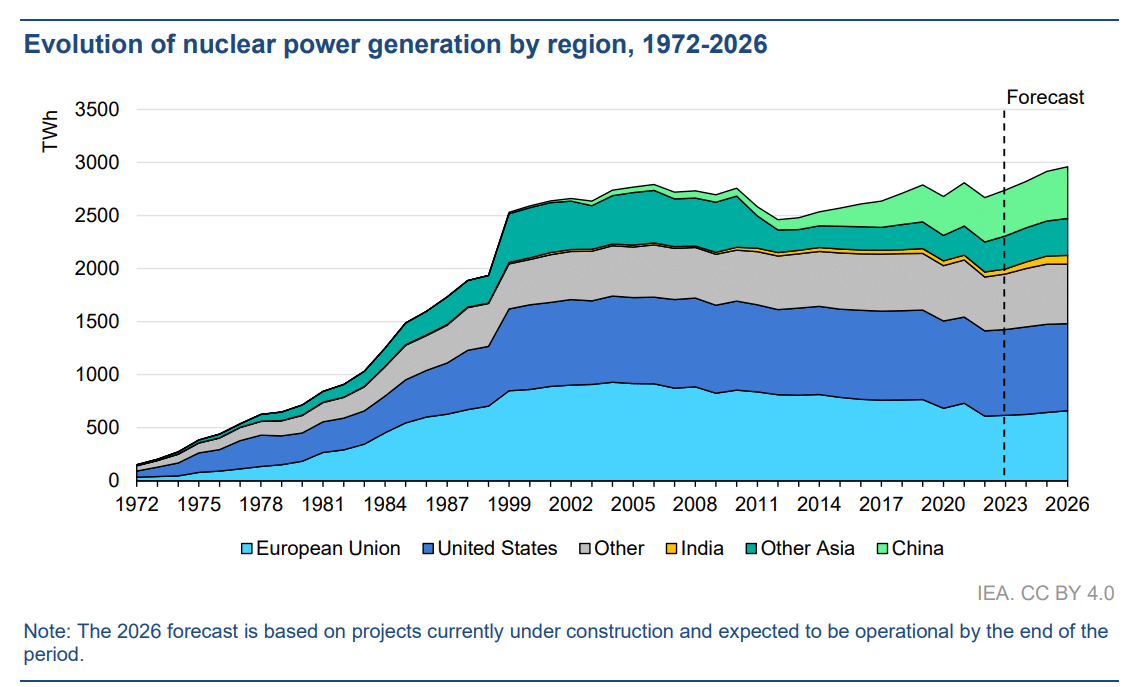



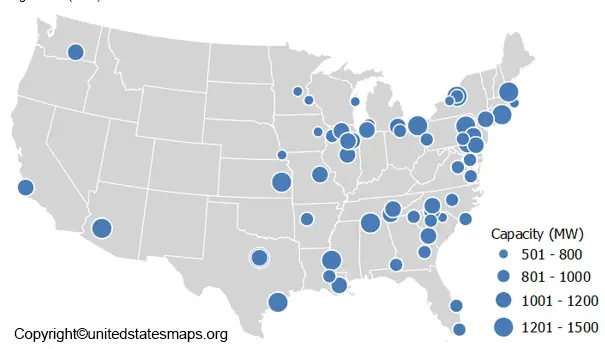


Map Of Nuclear Power In The US See Where Reactors Are Located R Nuclear ECSxOqMePOFaCR6rs 4SO2Hhujeq3KbuwntBdsu1UXQ Nuclear Power Plants In Us Map All You Need Infos Np M Reactor Database Thumbnail Nuclear Power Plants Map 520004dd4194b 52 Nuclear Plants Map Shapefile Map Of Nuclear Reactors And Seismic Hazards In The U S 73e74a780b5a0f3041a7de9292d0b283 Map Of Nuclear Power Plants In The U S This Is Where Reactors Are Map 768x427 Nuclear Plants In USA Map Printable Map Of USA 28 Nuclear Reactor Map Usa Maps Online For You US Nuclear Power Plants Map USA Nuclear Power Plants Map Usa Nuclear Power Plants Map Nuclear Power Ballotpedia 400px Nuclear Power Plants US
US Nuclear Power Plants Map USA Nuclear Power Plants Map Nuclear Power Plants Map A Visual Guide To Nuclear Power In The United States Understanding The 520004db51ef8 110109 IndTrends Map Nuclear Attack Map 2025 Key Targets And Fallout Risks MIRA Safety Map 4 A Visual Guide To Nuclear Power In The United States Understanding The Map Of 65 Currently Operating US Nuclear Power Plants And The States A Whose Statutes Map Of U S Operating Commercial Nuclear Power Reactors 48 Download 1 Map Of US Operating Commercial Nuclear Power Reactors 48 Map Of All Nuclear Power Plants In The World Rmapporn Vrogue Co IabWt3J8zmHtcCP04mPXZQaKuufPN2t7tvlvUtSatUU Nuclear Plant Map Of Us Printable Map Of The US New Maps Of Nuclear Power Plants And Seismic Hazards In The United States Greenpeace Nuclear Nuclear Map Nuclear Start Up Seeks To Revitalise Project Management Nuclear Shareablev2
Nuclear Map GlowingMap NoRoutes Maps On The Web Photo E07c79b4bbfa5dcb1eaf1082418048c244fa0e05 PPT Nuclear Energy PowerPoint Presentation Free Download ID 2024323 Nuclear Power Plants In The United States L Map Of Nuclear Power In The US See Where Reactors Are Located Energy ImageNuclear Power Plants Map Us Power Plants Map Map Of U S Nuclear Plants 1 Rss U S Nuclear Reactor Locations And Their Maps On The Web Tumblr Myt1pa43W01rasnq9o1 640 How Much Nuclear Power The U S Generates Might Surprise You Landscape
Nuclear Power Plants Map 107039359 1649097005727 AQifn U S Nuclear Power Plants Nuclear Power Stations Map 520004db539d6 110110 IndustryTrendsMap Nuclear Map License Renewal Granted Operating Reactors USA Map Of Potential Nuclear Targets Vivid Maps USA Targets 1024x646 Introduction ENVS 202 Nuclear Power Us Nuclear Map Ou92fm 1024x663 Unable To Compete On Price Nuclear Power On The Decline In The U S NPR Us Nuclear Reactors Lg Custom 769767798c6b4498019d4a6bad6f2a6814b46f32 S1100 C50 Nuclear Power Plants Map Tab1large Nuclear Power To Break Global Records In 2025 IEA Predicts Red Cloud Nuclear Power Generation By Region 2022 2026
2022 Advanced Nuclear Map Charting A Breakout Year Third Way New Fallback Image Power Reactors NRC Gov Power Reactors Operating Interactive Geography Definition Nuclear Energy At Irene Rayburn Blog World Map Operating Nuclear Reactors

